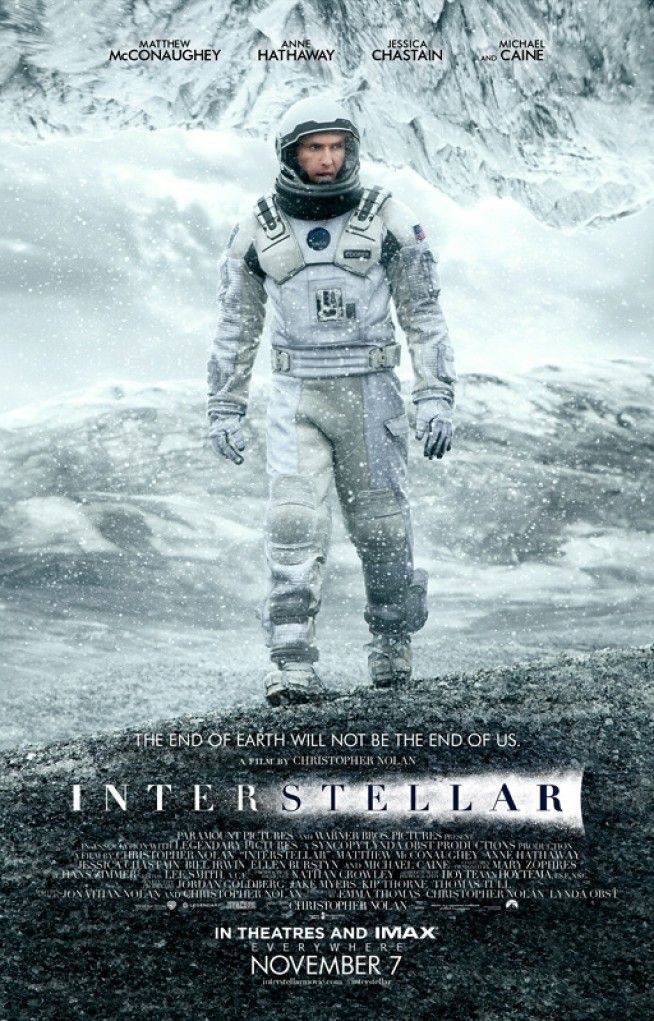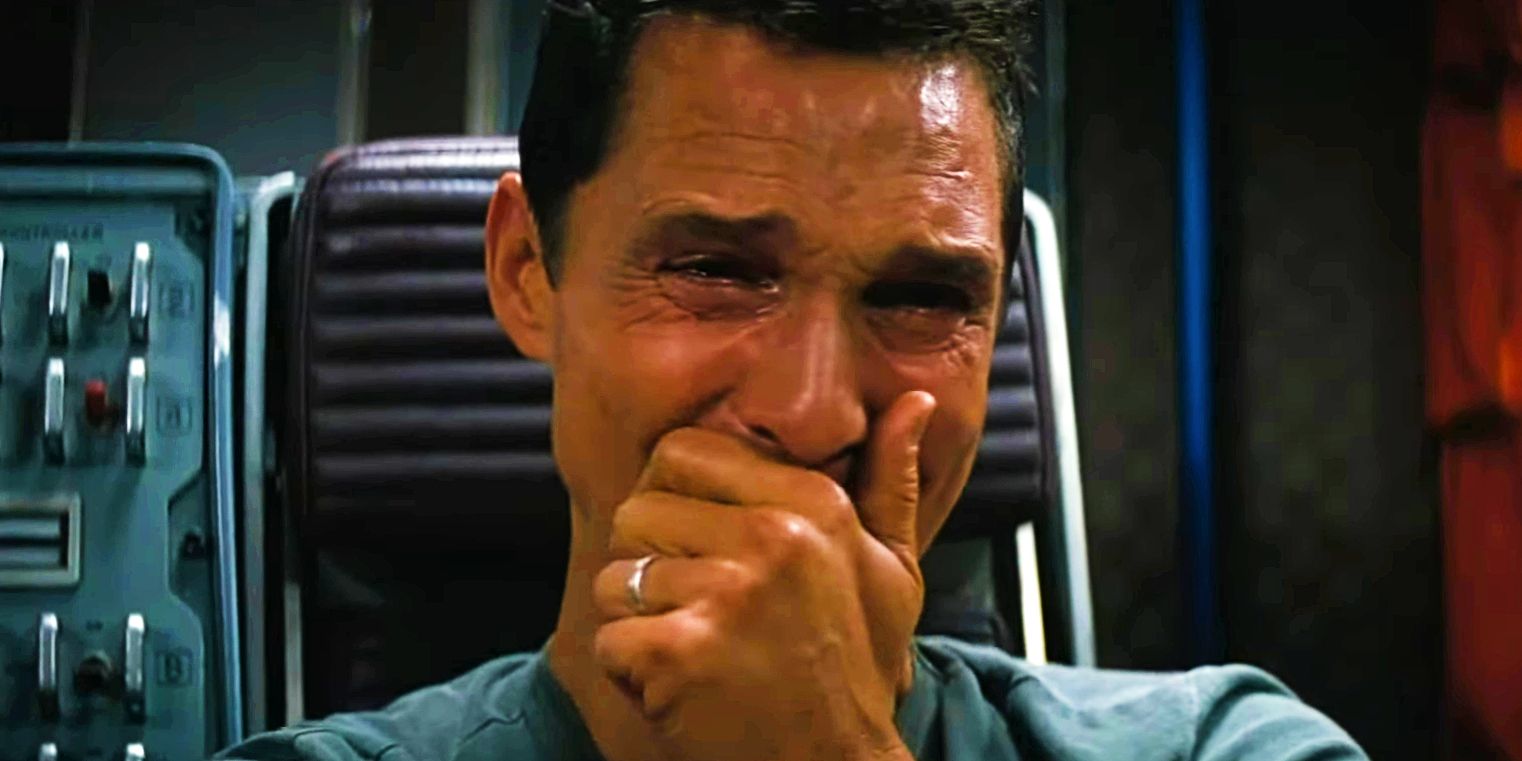Interstellar
Summary
Director Christopher Nolan explains why he break dance his own rules for a critical scene inInterstellar . let go of in 2014,Nolan ’s sci - fi moviestars Matthew McConaughey as a father traveling through outer space , where he have fourth dimension at a different rate while his baby age back home . Interstellaris consider as one of the director ’s most ambitious works , and brought in $ 729 million at the worldwide box office .
Speaking withThe Atlantic , Nolan recount filming one ofInterstellar ’s most worked up scenes , wherein McConaughey watches videos of his children that he ’s missed over the years . Nolan did two thing that he would n’t normally do , but he says they ultimately made horse sense for that specific minute . Check out the full quote from Nolan below :
The wonderful true statement is that it was in my blood brother ’s script , and one of the things that made me want to do the plastic film . As a parent , it seemed like such a powerful narrative moment . It was always the north star of the film , this beautiful chronological succession — and some of the actual words in the hand , the specifics of what was said in the messages , never changed . We filmed McConaughey ’s reaction first , in close - up . You never do that in a scene . You start with a wide shot and then warm up up . But he had n’t take care the video content — we’d filmed them all in improvement , so that everything would be there in the minute — and he want to give us his first response . We shot it doubly close - up , and I think I used the second one , because the first one was too raw . Then we buck the reminder , and the wider shots , and put it together .

The last piece of the puzzle was a beautiful piece of medicine by Hans Zimmer that had n’t really found a home in the plastic film . I think he literally referred to it as “ organ doodle . ” My editor , Lee Smith , and I tried roleplay it just while we were in the elbow room playing a cut , and we both feel that it was devastating . The other thing we did , which I do n’t retrieve I ’ve done in any of my other film , is to treat the music as a diegetic sound : When the content stop , the medicine stops . It almost break off the fourth wall , and it ’s not the sort of affair that I like to do , but it felt perfect and tending for that moment .
Why The Parent-Child Relationship Is The Best Part of Interstellar
Interstellar , overall , is a film of ocular overstatement . back by Zimmer ’s over - the - top score , the film leans into its special impression capacitance , devoting its budget to monumental CGI force that helpInterstellar ’s real filming locationsfeel like the far range of out space . Despite this grandiosity , however , it is moments like the one Nolan describes that hold the most power , because they tie the skill fiction back to the motion picture ’s meat , parent - child relationship .
As McConaughey ’s Cooper travels through space , he get on at a pace exponentially boring than that of his nipper back home . While his catastrophe comes from their absence seizure , the consultation gets to see the journey of their relationship as the kids go from pre - teen to grownup chop-chop . Distilling that breadth of time into moments like this , or Cooper witnessing his now - senior daughter ’s expiry at theend ofInterstellar , pack an worked up biff .
Interstellar is one of Christopher Nolan ’s greatest filmmaking achievements . Here ’s where to watch the movie on cyclosis , including rental options .

Whatever one thinks of the sometimes histrionic performances inInterstellaror the Byzantine nature of its key game , these moment are undeniably bold in their emotional incompleteness . Within all the excitement of space change of location and innovation , Cooper is a man who just wants to get back home , and the film benefits from never lose ken of that . It is a good matter that Nolan was unforced to bend his own rules to pull off scene like Cooper watch out the television messages , because they provideInterstellarwith the heart that it needed to succeed .
Source : The Atlantic

